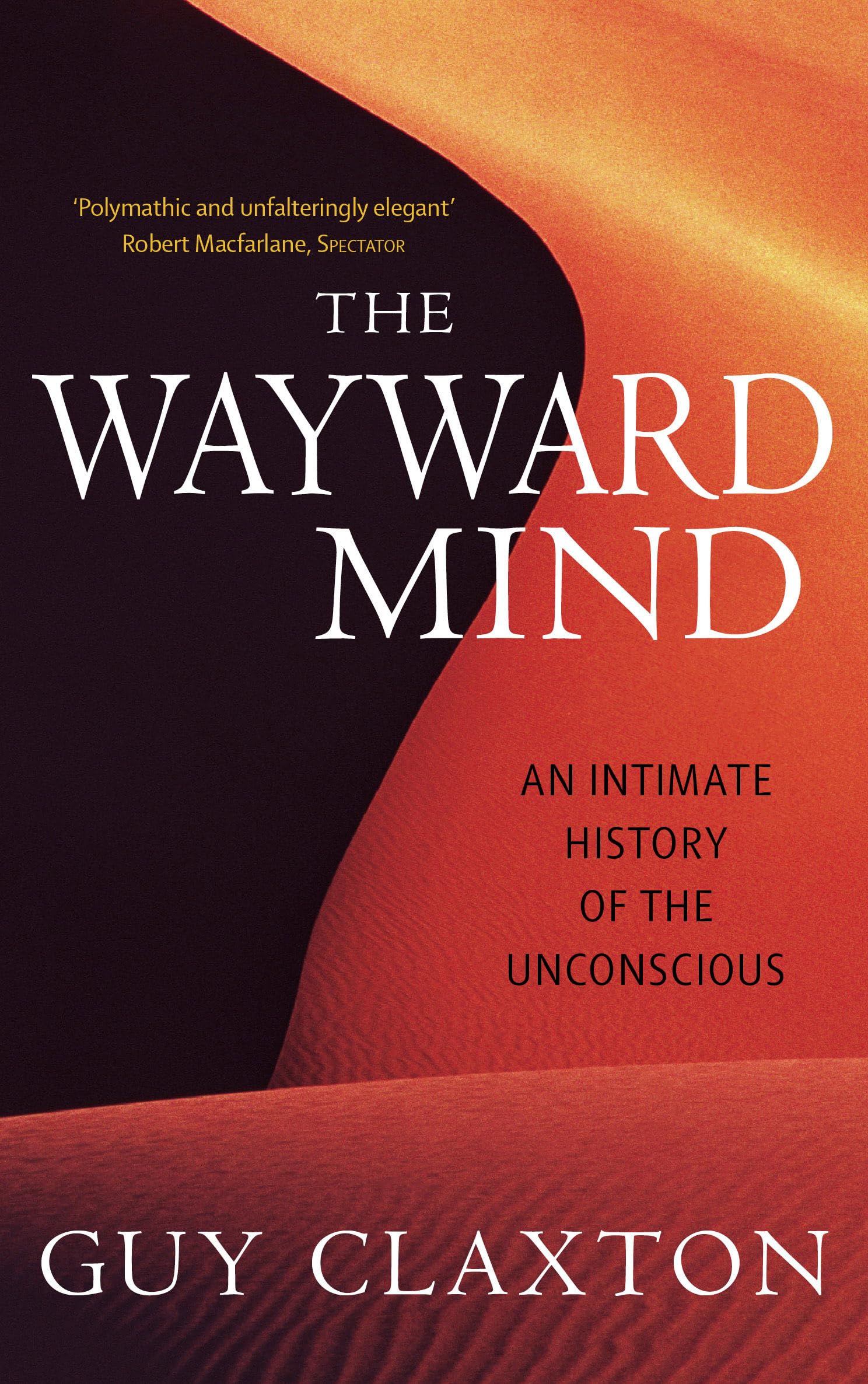Customer Services
Copyright © 2025 Desertcart Holdings Limited


Full description not available
R**H
Best in show
Unbelievably well done -- brilliantly conceived, brilliantly researched, brilliantly written. I don't know why this guy isn't world-famous. Groundbreaking.
A**R
Exploration of the Unconscious
This book is a nice introduction for someone who is unfamiliar with the philosophy and psychology of Mind. However, the author has a tendency to dwell on his own interpretations of what it means to understand the nature of Self and the Unconscious. Unfortunately, this means having to read long winded, rather obvious, descriptions about how we think and how, at times, we fail to understand our own Minds. Given the length of the book, it is not as heavily researched as I would have liked, although there is probably more then enough references for the those unfamiliar with philosophy of mind to get a good background. The book has a rather loose structure, jumping from one idea to another, although this is not necessarily a bad thing given that the book is designed for the lay reader and not as book with a concise academic tone. The author gives a history of the unconscious and how philosophers and the like, have tried to come to grips with the idea that we are not always in control of our own minds. The author contends that in ancient times, people interpreted our inexplicable or anomalous actions and experiences as coming from entities external to the Mind, such as Gods, Angels and Demons. Later, philosophers in the West started to interpret these actions and experiences in terms of more internal "unconscious" emotions and drives. The author contends in later chapters that we can now understand our anomalous actions and experiences as being explainable by neuroscience, particularly in terms of changes in inhibitory functions of the frontal lobes of the brain. Although a typical interpretation of the unconscious in the 21st century, explaining the unconscious in terms of evolutionary drives and neural functions, for me, seemed a rather trite explanation for the mysteries of both the unconscious and conscious aspects of Mind. I was particularly frustrated by the author's tendency to slip into referring to the "brain," not as a physical object but as a holder of subjective experiences. This is a common lose way of talking in many books exploring the Mind and its place in the physical World, but implicitly entails a form of dualism that can dupe the lay reader into falsely thinking that somehow neuroscience explanations have resolved the problem of Mind/Body dualism. Brains do not feel, intend, remember or perceive except by inference by us that brains are associated with persons who feel, intend, remember and perceive. At some level of explanation, the brain performs mechanical functions associated with feeling, intending, remembering and perceiving, but we should not assume that these brain functions are identical to our mental processes.
K**C
Reliable seller
Received promptly and in great condition. Excited to read!
S**S
Want to look inside yourself, this book will help guide you
Insightful, thought provoking, ive read Ayn Rand's magnum opus and this is my 3rd favorite in the lineup.
Trustpilot
3 weeks ago
1 month ago